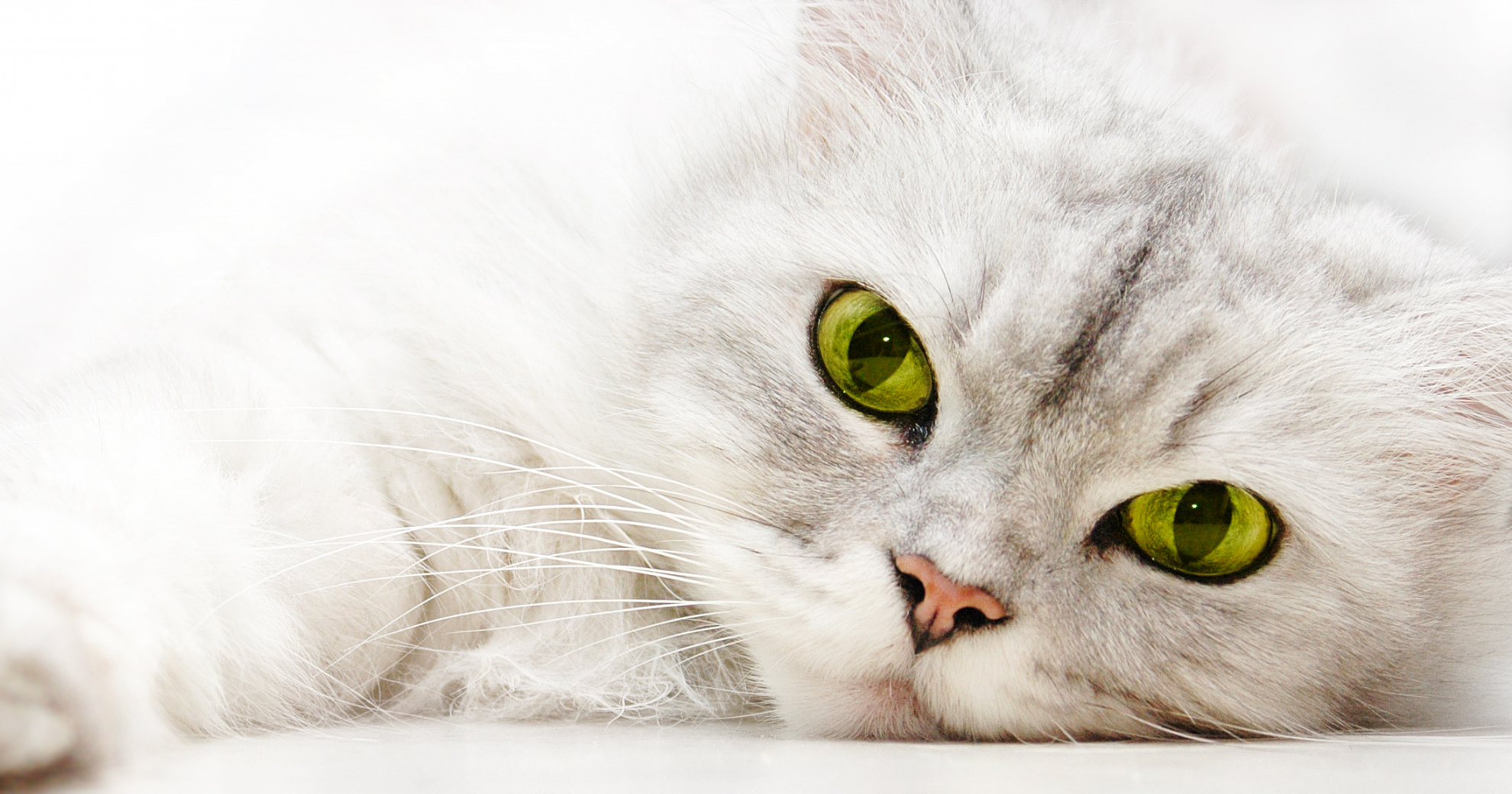HEALTH & WELLNESS

TRENDING
HEART DISEASE IN CATS

Heart disease is frequently called a “silent killer” because of a lack of early signs of the disease and the fact that cats are natural survivors and masters at hiding pain. Discomfort and illness often go unnoticed until the disease has advanced to the stage of heart failure.
WHAT IS HEART DISEASE?
Heart disease refers to any dysfunction of the heart and is different from heart failure. There are a number of types of heart disease in cats, but the most common are called “cardiomyopathies”. Any disease that affects the heart muscle is called cardiomyopathy and can lead to heart failure.
Other types of heart disease may include valve disease (such as mitral insufficiency), birth defects (such as holes or strictures), or other conditions.
CLASSIFICATION OF CARDIOMYOPATHIES
Cardiomyopathies are classified according to the effect they have on the heart muscle:
- Hypertrophic cardiomyopathy (HCM): the volume of blood in the heart is reduced and the heart muscle can’t relax properly between contractions.
- Dilated cardiomyopathy (DCM): enlargement of the heart causing ineffective contracting.
- Restrictive cardiomyopathy (RCM): the wall of the heart becomes stiff and inelastic which prevents the heart chambers from filling normally.
- Intermediate cardiomyopathy (ICM) – more than one type of disease is present, for example hypertrophy and dilatation.
Hypertrophic Cardiomyopathy (HCM)
Hypertrophic Cardiomyopathy (HCM) is the most common heart disease that adult cats develop. Because of the thickening and weakening of the heart muscle, there is less room for blood to fill the heart and the muscle is less able to pump blood effectively.
SIGNS OF HEART DISEASE IN CATS
These questions may facilitate in detecting a possible heart problem in your cat:
- Is your cat more restless than usual?
- Does your cat seem weak, less playful or does she tire easily?
- Has your cat recently fainted or collapsed?
- Is your cat’s abdomen swollen (bloated)?
- Have you noticed a decreased appetite?
- Has your cat become withdrawn or does she seem depressed?
- Is your cat struggling to walk normally, specifically with her hind legs? It could be thromboembolisms (blood clots).
- Has your cat’s breathing become labored? Do you notice shortness of breath or rapid breathing?
- Has your cat been vomiting?
- Have you noticed weight loss (more common) or weight gain (possible, but less common)?
If more than one sign is significantly present, contact your veterinarian and arrange for an examination. Your cat’s heart health depends on it.
Related Articles








